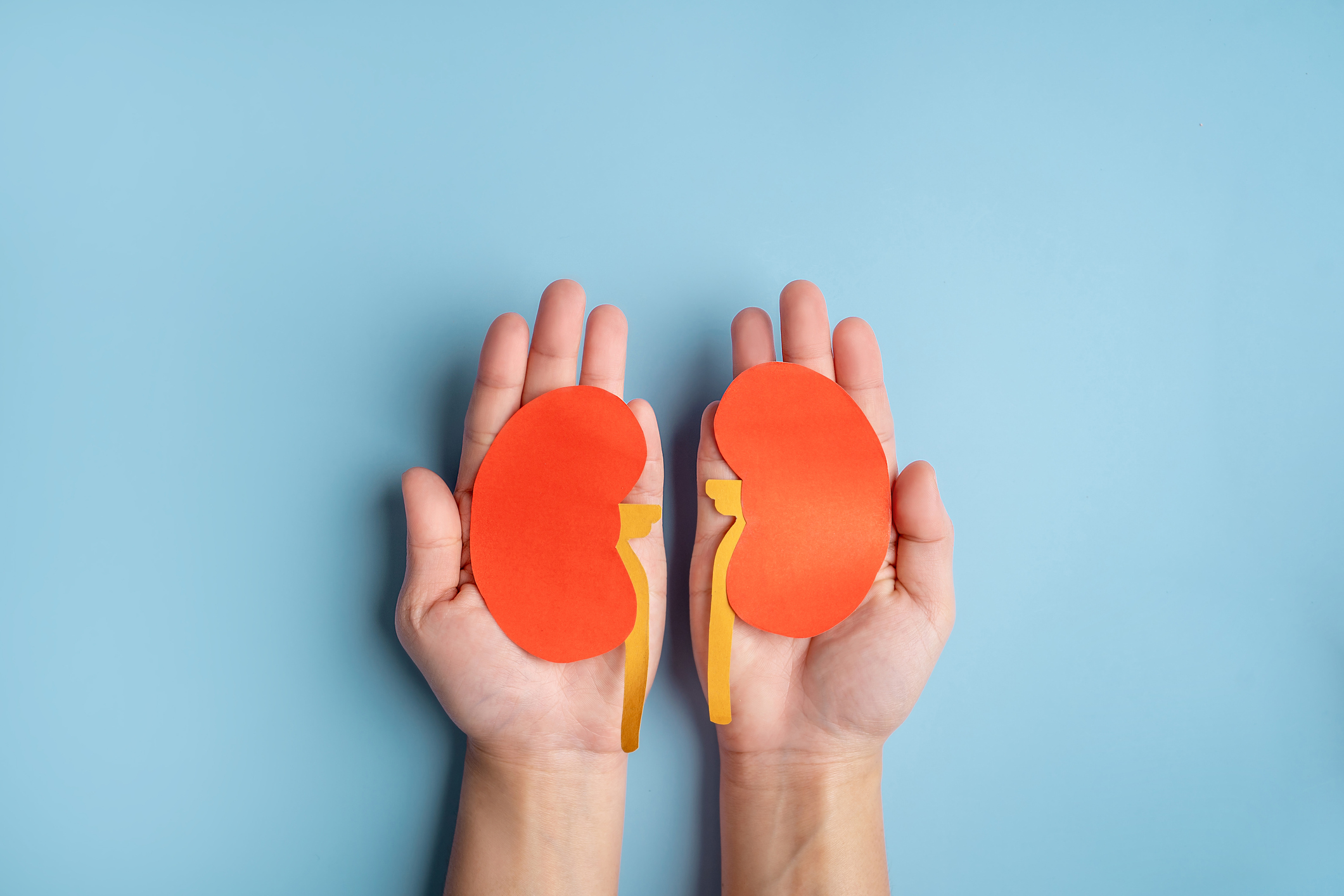Get Easy Health Digest™ in your inbox and don’t miss a thing when you subscribe today. Plus, get the free bonus report, Mother Nature’s Tips, Tricks and Remedies for Cholesterol, Blood Pressure & Blood Sugar as my way of saying welcome to the community!
Do statins hurt kidneys?

Do statins hurt kidneys?
My answer? It’s a bit complicated.
A large study including over 100,000 patients with chronic kidney disease showed that statin use was associated with lower risk of death even after adjusting for age, gender, and presence of other health issues, regardless of severity of kidney dysfunction. So people with existing kidney disease need not fear statins. Phew.
Having said that, other studies have shown that statin use can be associated with deterioration in kidney function. Yikes.
However, this finding is uncommon and seen primarily in people on high doses of the drugs. Small sigh of relief.
These are three observations that are not all necessarily pointing in the same direction so what’s the best way to put them together?
Statins, kidneys and answers
Overall, statins are not worrisome when it comes to kidney function but as with any medication, it makes sense to use the lowest possible dose to attain your LDL goal — and to use lifestyle and especially diet to help you need less medication to get there.
AND to take care of your kidneys in general!
That means keeping your blood pressure readings under control, avoiding substances that are toxic to kidneys (like nonsteroidal anti-inflammatory medications and CT dye), keeping well hydrated to avoid developing kidney stones, and not going crazy with protein intake.
When it comes to a health issue like kidney disease, the condition is not due to just one big thing. It’s usually the combination of many little things that finally overwhelm the system and affects how well an organ system functions.
A special note about diabetics…
We know that diabetes can lead to kidney dysfunction, in large part by damaging renal blood vessels. However, the vascular effect of diabetes is not selective and causes damage in arteries everywhere — including heart and brain arteries.
This makes diabetics highly susceptible to experiencing heart attacks and strokes — with a risk level similar to that of someone with already established heart disease. So very aggressive prevention strategies make sense, especially since heart disease and stroke (and not kidney disease) are the main reasons diabetics die.
No wonder the American Heart Association, the American College of Cardiology, and the American Diabetes Association all recommend that people with type 2 diabetes between the ages of 40 and 75 take a statin — regardless of kidney function.
Remember — there are three main groups that have been shown consistently to experience an outcome benefit from using statins: those with established heart or vascular disease, those with diabetes and those with familial hypercholesterolemia (very high LDL levels that are genetically driven).
That means everyone else should try diet first. And even the three high-risk groups should incorporate dietary efforts to minimize the amounts of statins required to get them to their goal. Not only is that better for overall health, it sure is better for those kidneys!
Editor’s note: Are you feeling unusually tired? You may think this is normal aging, but the problem could be your master hormone. When it’s not working, your risk of age-related diseases skyrockets. To reset what many call “the trigger for all disease” and live better, longer, click here to discover The Insulin Factor: How to Repair Your Body’s Master Controller and Conquer Chronic Disease!













